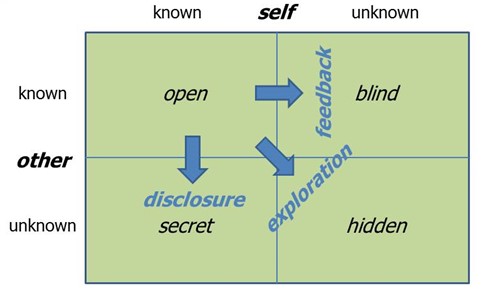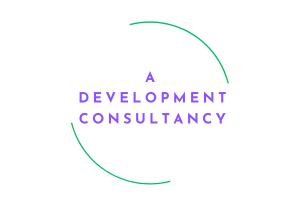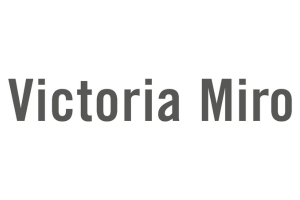Spring clean your self awareness
Spring is upon us… a time to open the windows and let in the fresh air.
It’s not just physical windows we should be opening though – there’s a great tool we’d like to share with you called “The Johari Window”. It’s a simple and useful tool that we often use in coaching sessions to increase your self-awareness, improve communications and strengthen relationships. What’s more, it can be applied in a variety of situations and environments.
Our in-house tool, the Good Boss Questionnaire, realises the importance of both areas of Openness and Self Awareness. Our research has shown that teams who score their manager low in either of these two areas are more likely to resign, take fake sick days and work less hard. Additionally, there is a perception gap here – managers frequently rate themselves higher in these aspects than their team do, which highlights the importance of self-development.
The Johari window
The Johari window is comprised of four quadrants as shown here:

1. The first quadrant is the open area. This represents the actions, behaviours and information that are known to you and those around you. This information is public and made available through communication and exchanges between the individual and others. This includes information, facts, skills and attitudes – anything that is public knowledge.
2. The second quadrant is referred to as blind, or blind spot. Actions and behaviours in the blind area are known to others, but you are not aware of them. This information can be positive or negative and include hidden strengths or areas for improvement.
3. The third pane is the hidden area. This information is known to you but not anyone else. This may consist of private information which you choose to keep hidden. Feelings, ambitions, dreams and opinions may be withheld out of fear of negative reaction. Once you trust others, you may choose to reveal some of your hidden information.
4. The last window of information is referred to as secret, or unknown. This includes information, skills, behaviours etc that are unknown to you and to others, for example subconscious information that nobody is aware of such as early childhood memories, undiscovered talents etc.
Improving self awareness
You can increase your open area by asking for feedback from people. When feedback is given honestly, it can reduce the size of your blind area. Maybe you interrupt people before they have finished making their point, which can cause frustration. Or perhaps people always want to talk to you because you’re a good listener. Sometimes you don’t realise these aspects of your character until it’s pointed out.
By working with others, you can discover aspects that neither of you may have appreciated before.
Using the Johari window
From a practical point of view, to use the Johari window, you need to look at two steps:
1. Start in the open area. Make some notes about yourself. What are your strengths and weaknesses? What are you comfortable with and willing to share with others? Try and be honest and clear about what you know about yourself already.
2. Involve other people and ask for feedback about yourself. Some good questions to ask are:
- What is it I do that has a positive or effective impact?
- What do you enjoy about working with me?
- What should I focus on to be more effective at eg listening, presenting etc?
Be prepared to seriously consider it. That doesn’t mean that you have to do everything that’s suggested, but you should at least listen and think about it. Then give the person who provided the feedback some acknowledgement or thanks for making the effort. Some examples
By doing this, you can increase the size of the Open pane of your Johari window, thus developing your self-awareness. Asking for feedback and taking it on board also engenders trust, helping to strengthen relationships.
If you’re interested in finding out more about our coaching offering, or how the Good Boss Questionnaire can improve individual, team and organisational effectiveness, please contact enquiries@peoplebusiness.co.uk.




